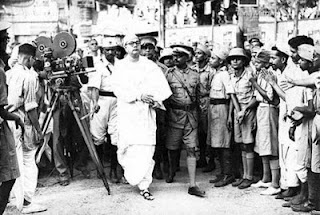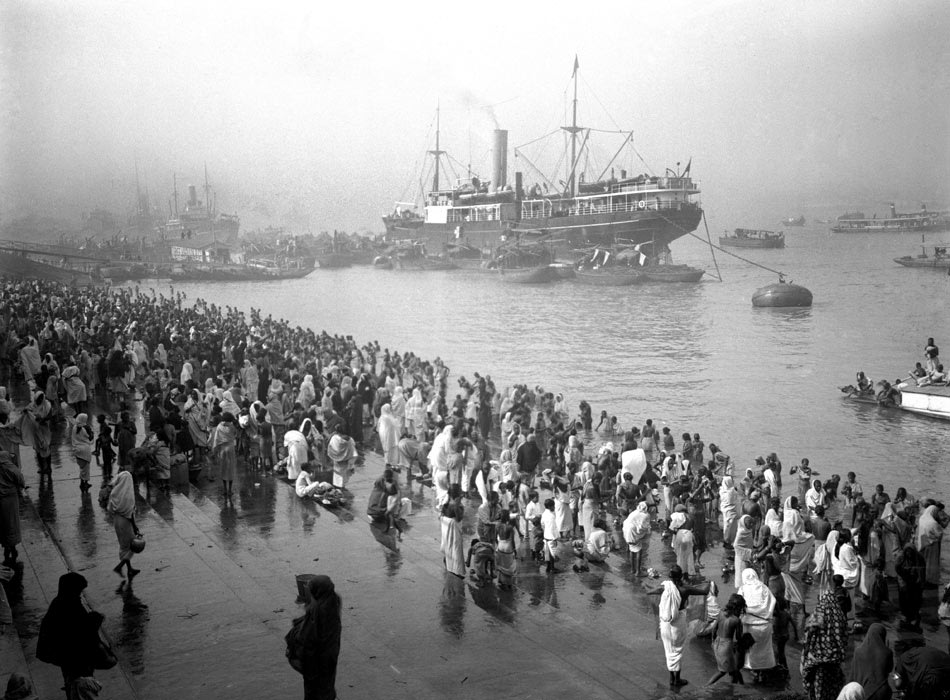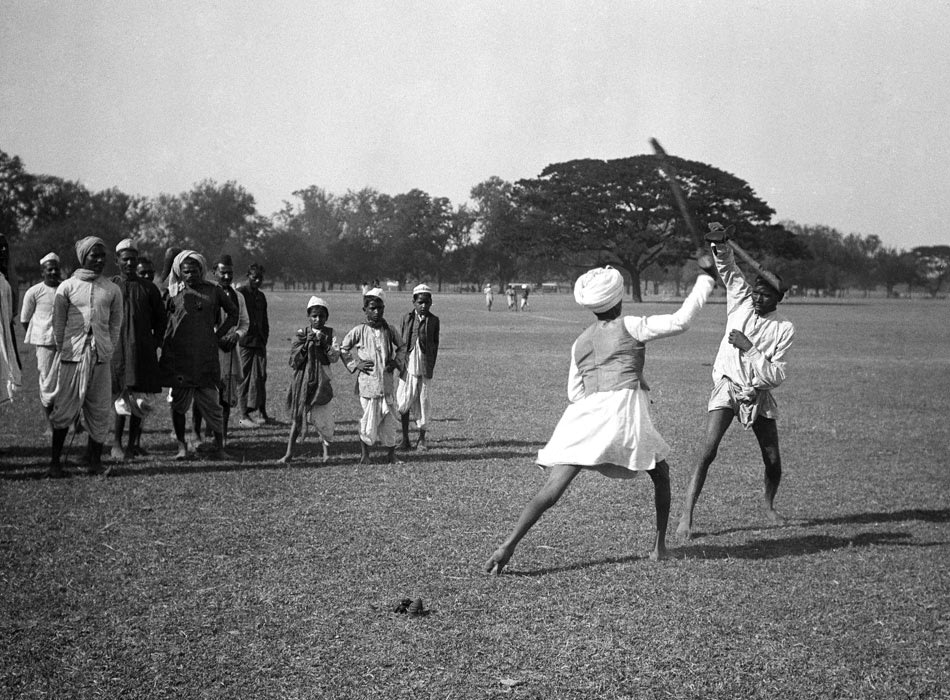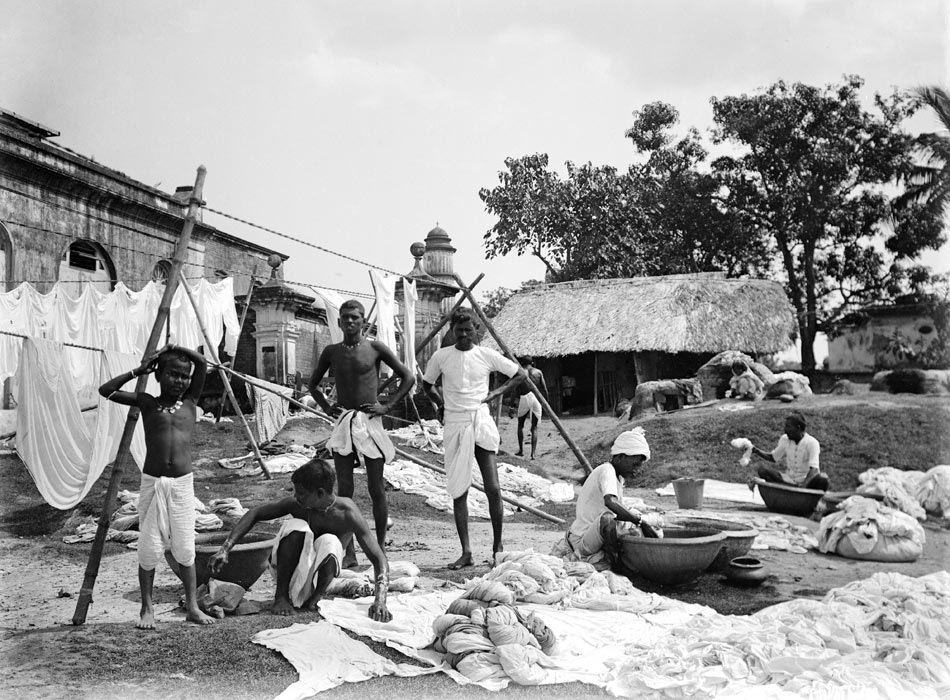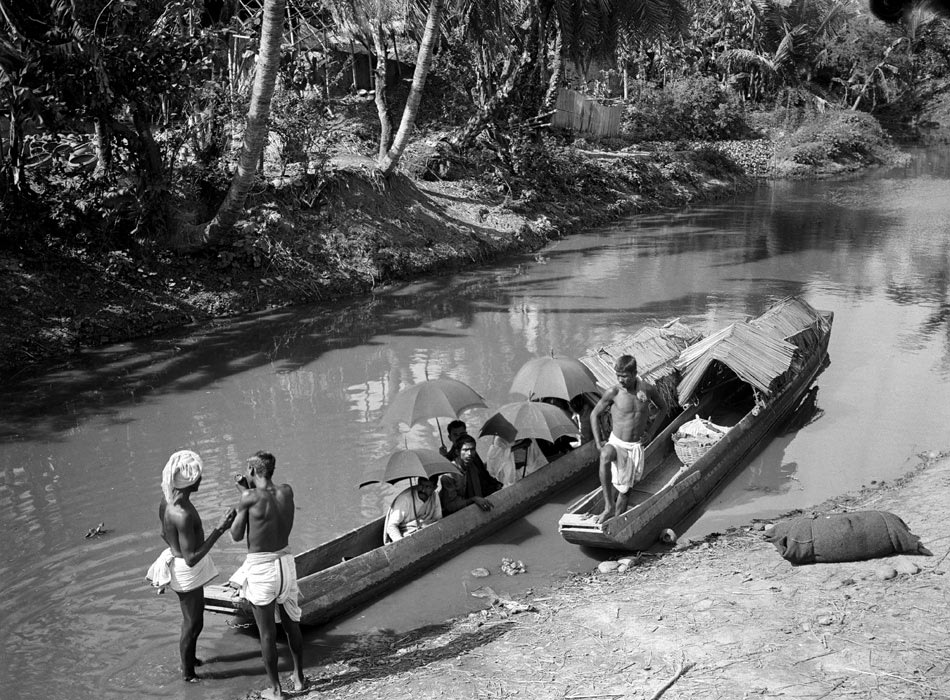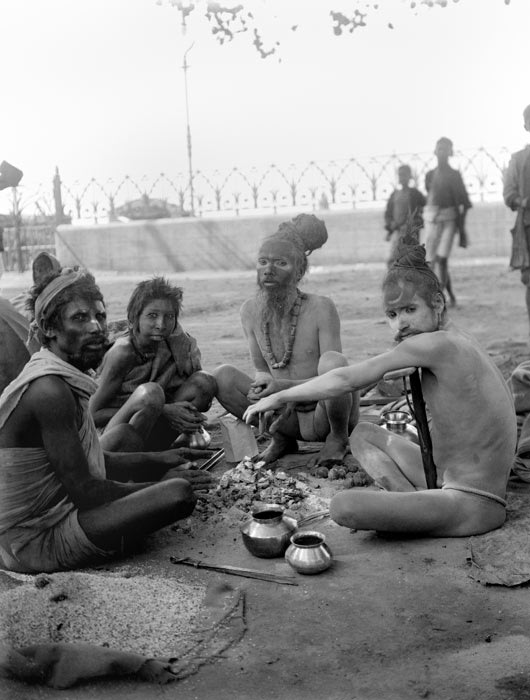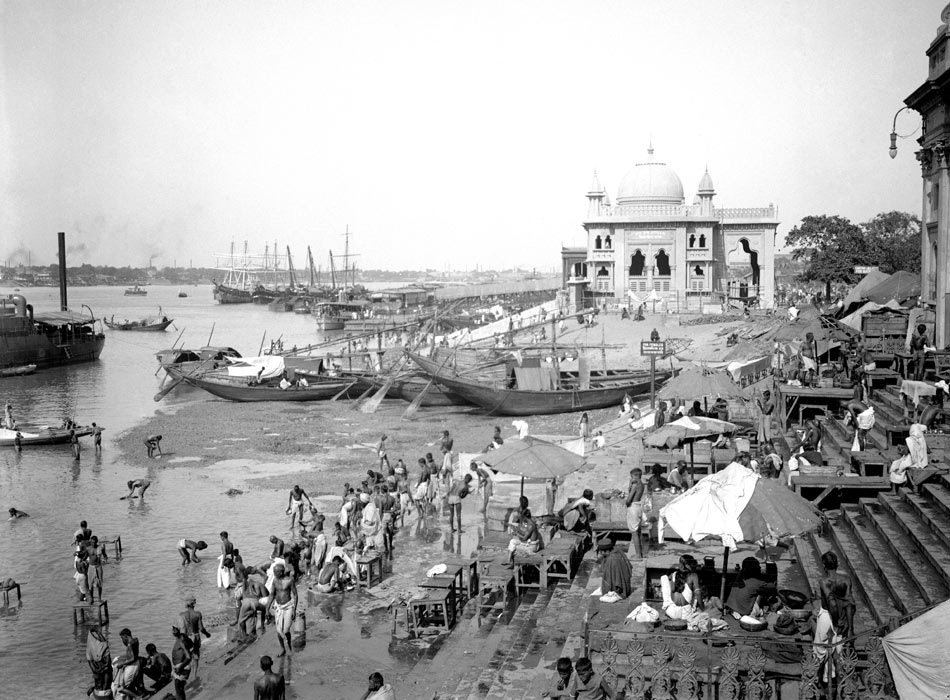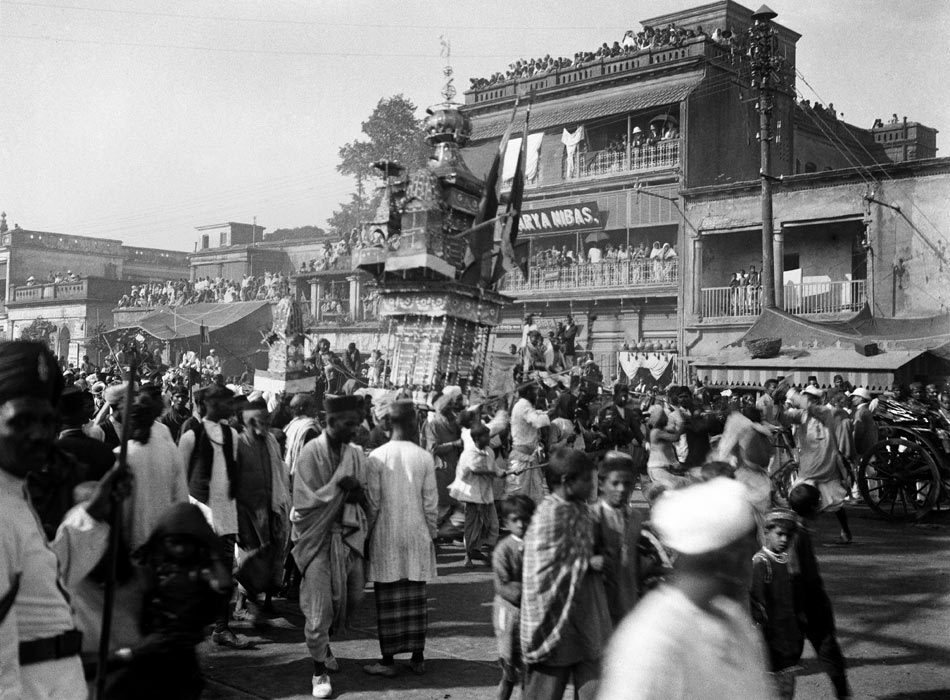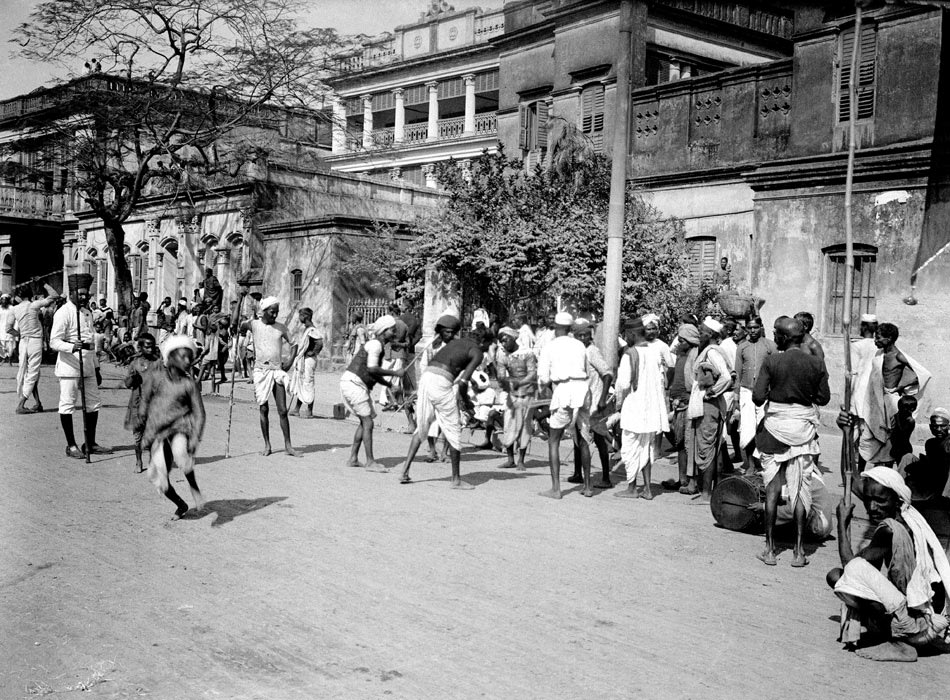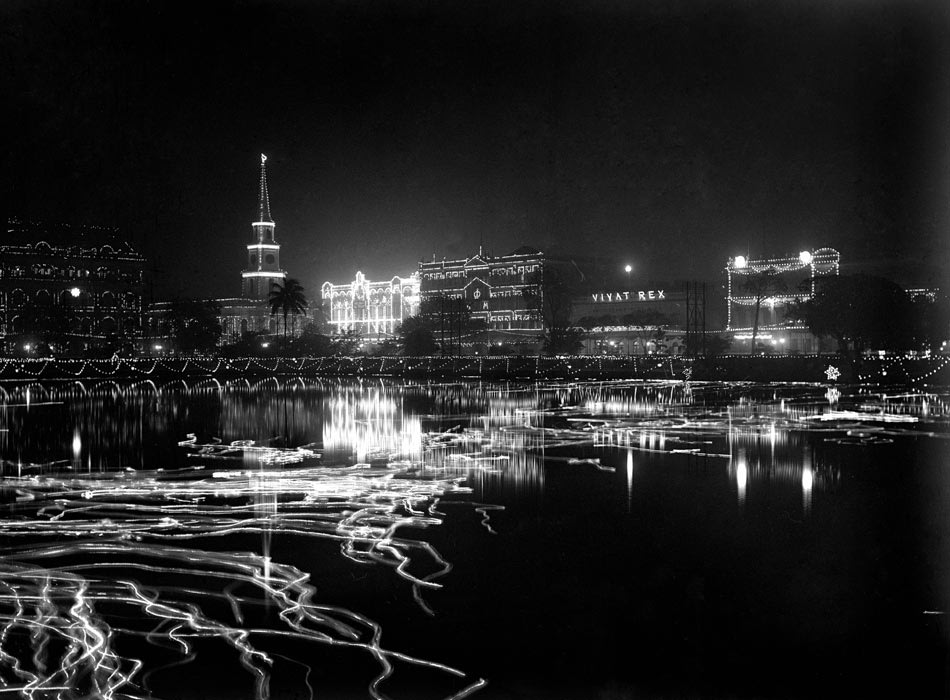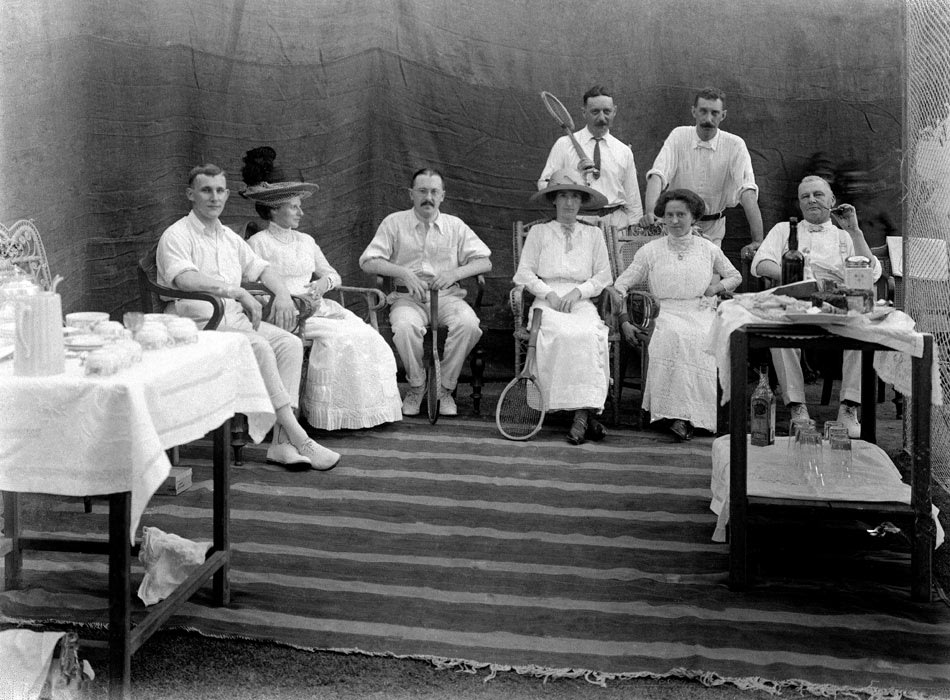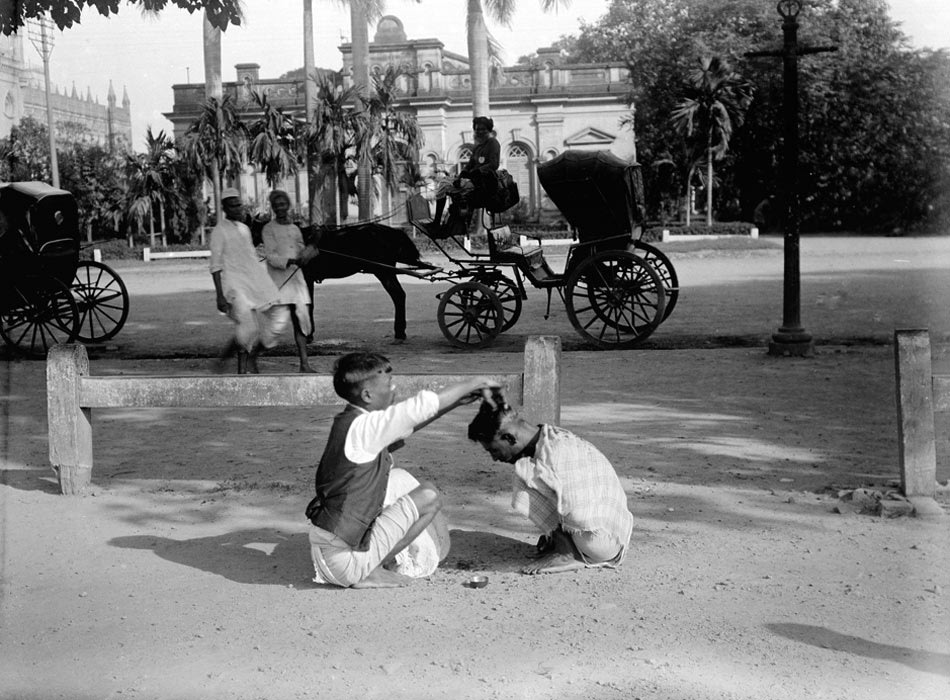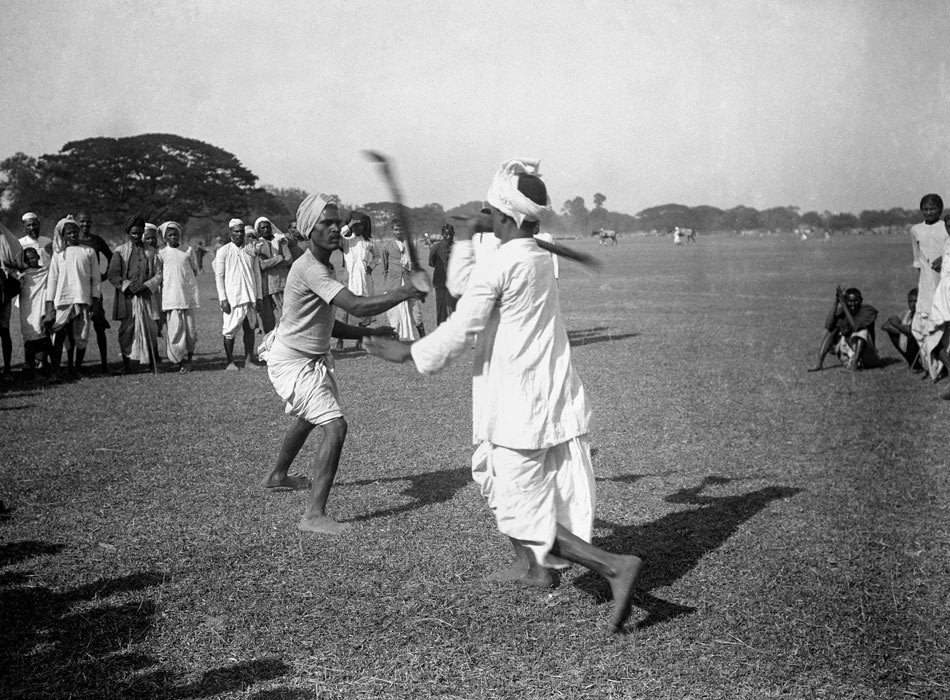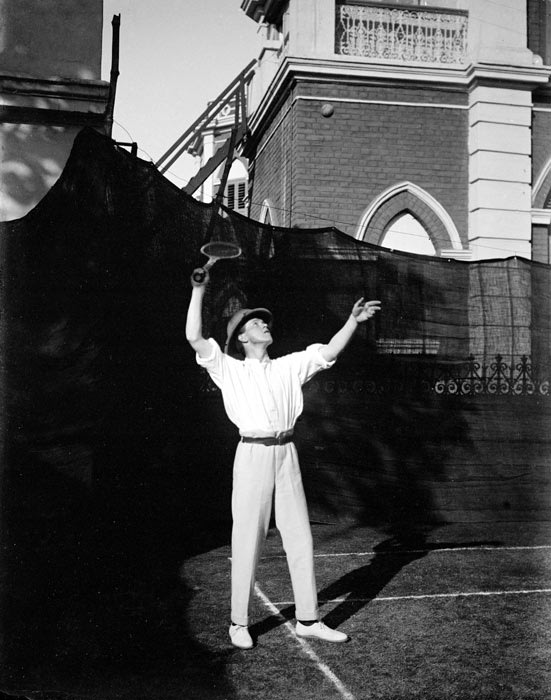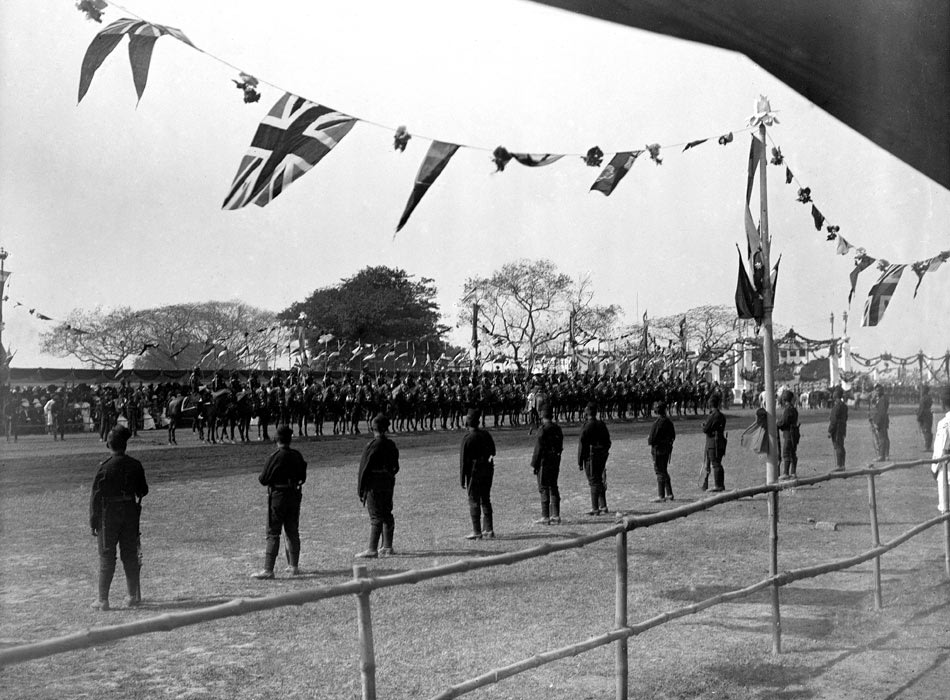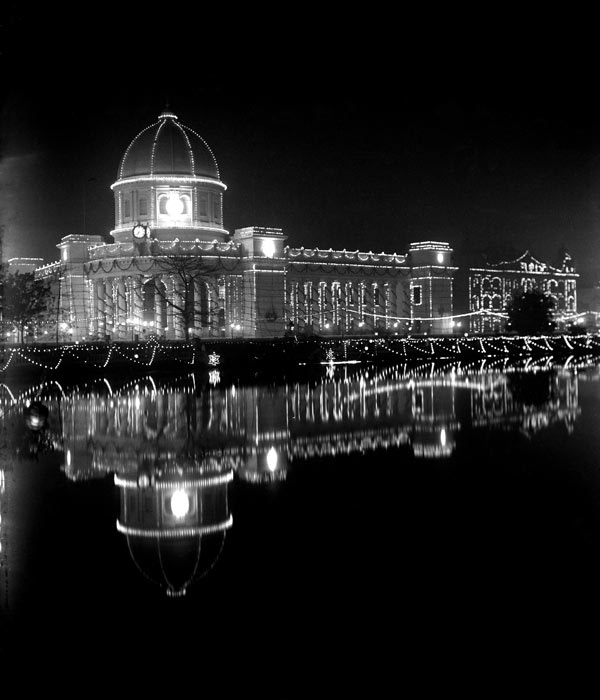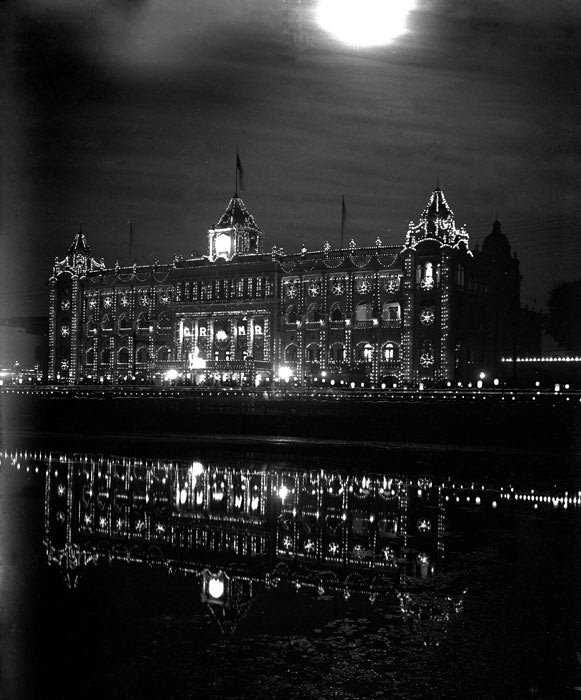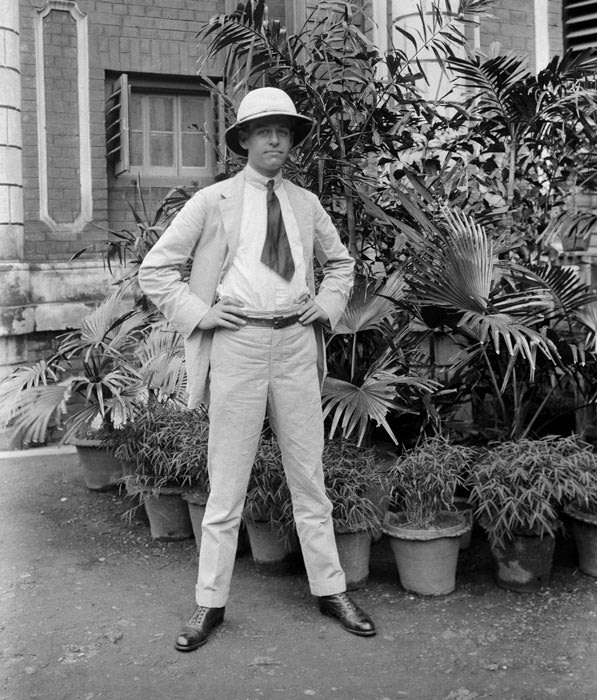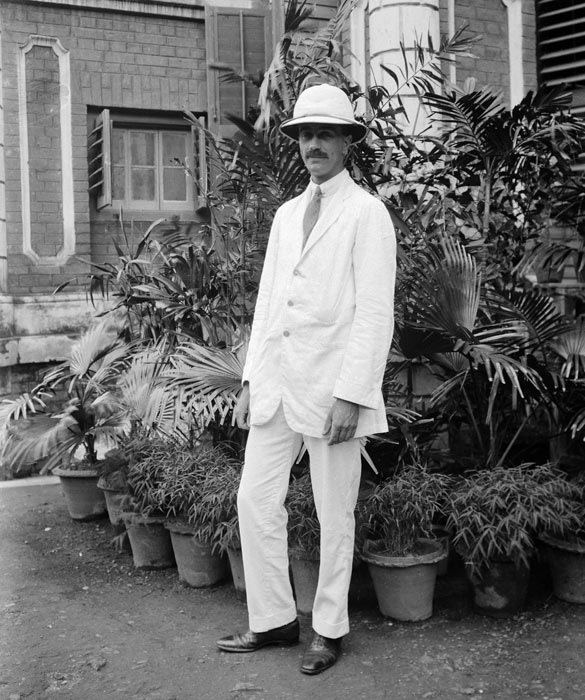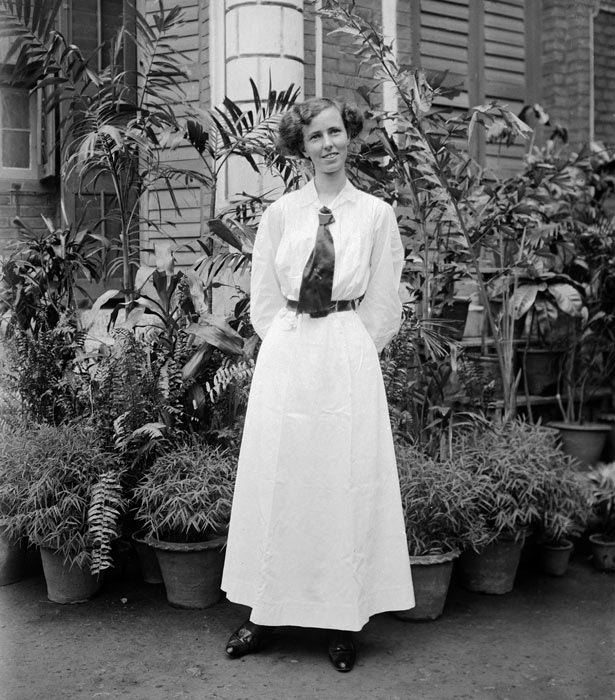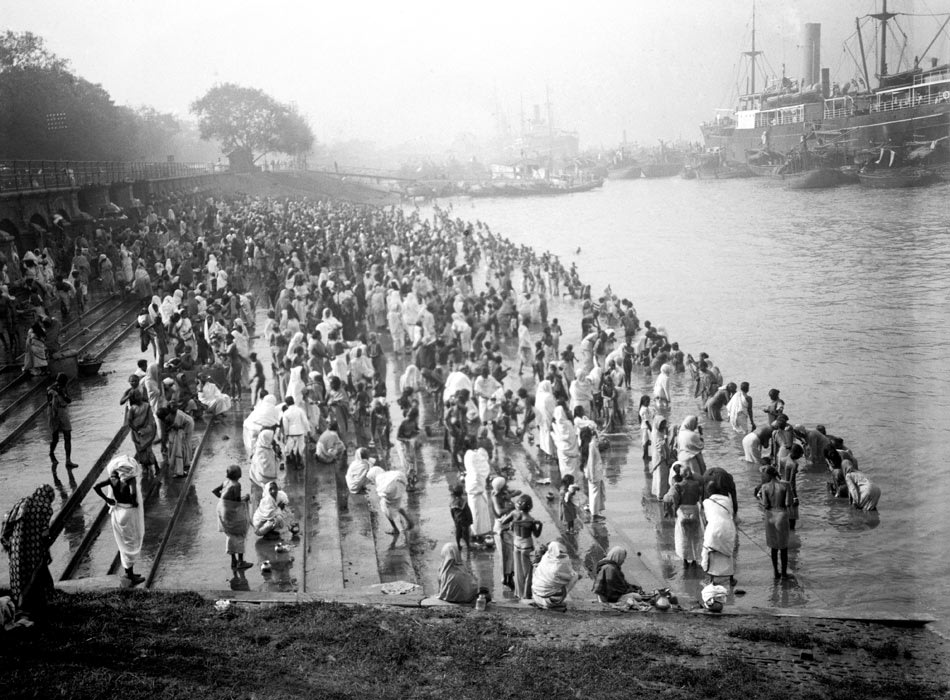Interviews are used both for selecting employees for an organization and students for an educational institution. We need to face the Interview Board. Only short listed candidates are called to attend an interview. If we receive the call letter for an interview, we are successful in impressing the board members with our achievements through our CVs and the members perceive that we have potential to be one of their employees / students. Now we should get ready to face Board Members during interviews. We will see some guidelines to follow during an interview and the preparation we should make before the interview to sail through the process of selection with ease and confidence.
This is the stage where we consider carefully what we must carry, what we must wear and how to reach the interview venue.
Materials to be carried:
All the testimonials we have been asked to bring along with us should be put in a neat folder which is easy to handle and to open so that our papers don’t fall out when we open it. Papers should be so arranged that whatever is asked for can be produced without confusion.
Dress Code:
An interview is a formal affair and hence one should be dressed in formal attire. Men should wear a neat pair of trousers and a shirt with a tie. The shirt should preferably be light coloured without gaudy stripes and checks. Shoes should be polished brightly. Ladies should also wear simple light coloured dresses and keep jewellery to the barest minimum. A smartly turned out person makes an immediate impact.
How to reach the venue:
Ascertain beforehand the place where the interview is scheduled and the distance from your residence as also the time it would take to reach the venue. Use a mode of transport that will not leave you huffing and puffing or hot and sweaty when we arrive. It is advisable to arrive ten or fifteen minutes before the scheduled time. A neat and confident look makes us feel good while exuding an air of confidence.
During Interview:
We enter the interview room when our name is called. We could be confronted with a panel of interviewers ranging from two to four in number. Greet the panel with a smile and a polite “Good morning/afternoon, Sir”, as the case may be. If there is a lady on the panel, we should make sure we greet her too. And if we find a bigger panel with many men and women interviewers, we may greet them with “Good morning/afternoon ladies and gentlemen”
We sit only after we have been asked to do so. After sitting on the chair, we do not put our hands on the table; we put them on the lap. If there is another chair next to ours, we can place our folder on it otherwise we put it on the floor beside our chair. Start practicing the 3 R’s of interviews.
1.Relax: We think of the interviewer as our personal friend whom we are about to have one-to-one conversation. Most interviewers put the interviewee at ease by first asking personal questions about family, hobbies and so on. Then they might move on to academics for which we should have prepared thoroughly. We have nothing to fear if we are confident and have made adequate preparation in our subject.
2. Remain focused: Listening is a skill which requires the listener to decode the language of the speaker. Very often, if we do not listen carefully we miss the key words of the speaker and focus instead on unimportant details. Hence we listen carefully and try to assess where the question and our answer will take us and this brings us to the third R of interviews.
3. Reply carefully: We should listen to the whole question carefully without interrupting. We can take our time to answer it. We can think of the way politicians answer the media in measured tones. This is not to say we should be evasive (that would be a negative point 0for us). Our answers should display our ability to stay in control.
4. Speaking: When we speak, we should be audible to all the members of the panel. Our answers should be brief and to the point. If for instance, we asked whether India
5. Brevity, not verbosity, is appreciated. Also, slang can never be part of a formal discussion. So it is better to avoid colloquialisms. Then again, a rehearsed answer will sound very stilted and unnatural, so let us be natural.
6. Honesty: If we do not know the answer to a particular question put to us, it would make better sense to honestly admit our ignorance in the matter than to cook up something vague. Interviews can easily identify untruths and half truths. Besides we will not sound convincing if we are dishonest. Whatever we say should be said ‘from the heart’.
7. Simplicity: One’s achievements should be talked of or mentioned when asked. Over confidence can be mistaken for arrogance and could queer the pitch for us.
8. Body Language: Although we have not yet opened our mouth, a lot has probably said by the language our body speaks. To begin with, if we do not make eye contact with our interviewers but keep looking at our shoes or at the floor beneath us, we are sending our a message loud and clear that says “I am scared”. Our posture also speaks for us. Sitting up straight without a slouch, and without taking the support of the table (holding the edge with our hands) displays confidence and this is the image we should project. Locking and unlocking one’s fingers while talking or making wild gestures with one’s hands while conversing display nervousness which will not go down well with the interviewer. Some people have the habit of fiddling with the objects on the table before them even as they talk.






